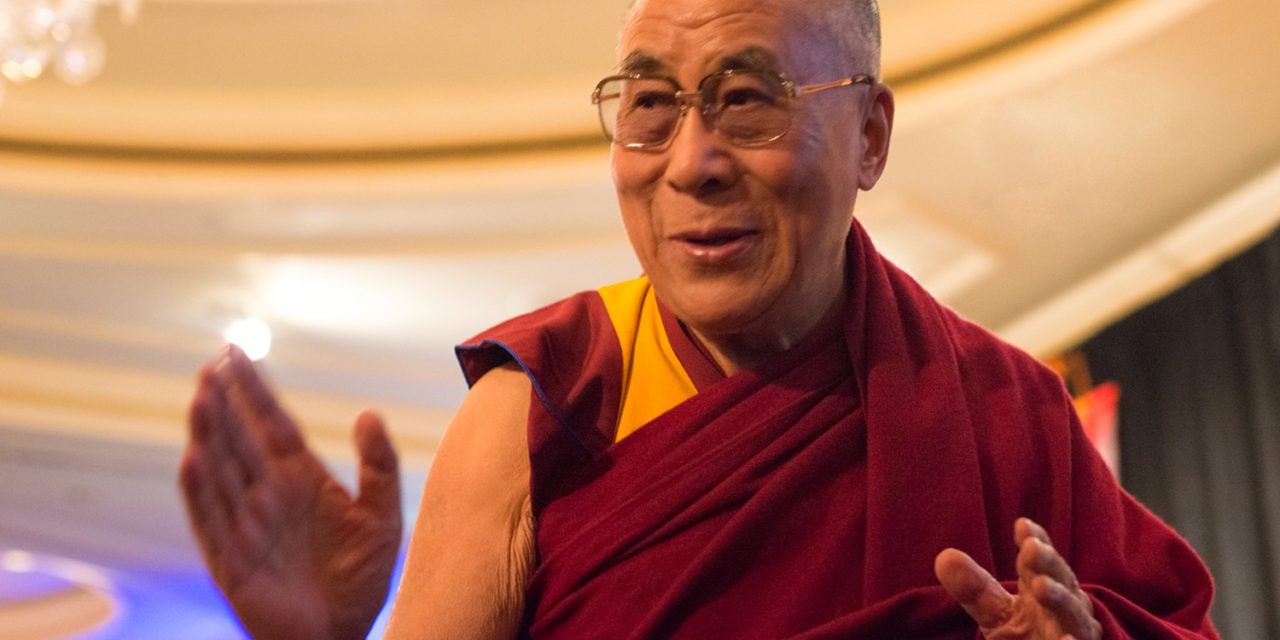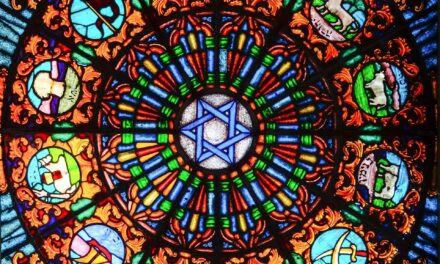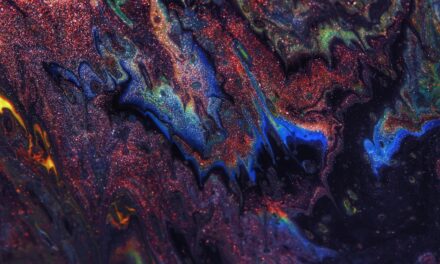That we all seek a happy life is, I think, a claim which needs no justification. No one wishes for difficulties or troubles. This is something that the very constitution of our bodies confirms. Medical science increasingly suggests that a person who is happy and peaceful, free from fear and anxiety, will enjoy tangible health benefits its. It is also a matter of common sense that even people afflicted by illness are much better off if they have a positive outlook. So I consider it a simple truth that this body of ours is meant for a happy life. A happy mind is a healthy mind, and a healthy mind is good for the body.
But human happiness and suffering, unlike those of other animals, are not straightforward. A dog may find happiness by eating a good meal and then going onto the veranda to lie down. While we may relate to such simple pleasures, it is clear that they are in no way sufficient for genuine human satisfaction.
The never-ending human quest for happiness and avoidance of suffering explains not only humankind’s greatest achievements but also the evolution, over many millennia, of this large brain of ours. Even the very concept of religion, I think, has arisen from this quest. For in the course of life we inevitably face problems that are beyond our ability to control. To maintain hope and to keep our spirits up, therefore, we develop faith, and to support faith we turn to prayer, and prayer is a core element of religion. Similarly, I would suggest, the extraordinary human achievements in science and technological innovation over the past few centuries also stem from the urge to overcome suffering and achieve happiness.
However, although our extraordinary mental sophistication distinguishes us humans from other forms of life and drives our astonishing success as a species, this very mental complexity is, at the same time, the source of many of our most enduring difficulties and hardships. Most of the problems we face in the world today — such as armed conflict, poverty, injustice, and environmental degradation — have arisen and are maintained by complex human activity. Furthermore, our most persistent sources of inner suffering at an individual level — fear, anxiety, and stress, for example — are also closely connected to our mental complexity and our excitable imaginations.
In our quest for happiness and the avoidance of suffering, we are all fundamentally the same, and therefore equal. This is an important point. For if we can integrate an appreciation of this fundamental human equality into our everyday outlook, I am very confident that it will be of immense benefit, not only to society at large, but also to us as individuals.
For myself, whenever I meet people — whether they are presidents or beggars, whether dark or fair, short or tall, rich or poor, from this nation or that, of this faith or that — I try to relate to them simply as human beings who, like me, seek happiness and wish to avoid suffering. Adopting this perspective, I find, generates a natural feeling of closeness even with those who until that moment were complete strangers to me. Despite all our individual characteristics, no matter what education we may have or what social rank we may have inherited, and irrespective of what we may have achieved in our lives, we all seek to find happiness and to avoid suffering during this short life of ours.
For this reason, I often make the point that the factors which divide us are actually much more superficial than those we share. Despite all the characteristics that differentiate us — race, language, religion, gender, wealth, and many others — we are all equal in terms of our basic humanity. And this equality is corroborated by science. The sequencing of the human genome, for example, has shown that racial differences constitute only a tiny fraction of our genetic makeup, the vast majority of which is shared by all of us. In fact, at the genome level, the differences between individuals appear more pronounced than those between different races. In light of these considerations, the time has come, I believe, for each one of us to start thinking and acting on the basis of an identity rooted in the phrase “we human beings.”
Excerpted with permission of the publisher from Beyond Religion: Ethics for a Whole World by His Holiness the Dalai Lama






